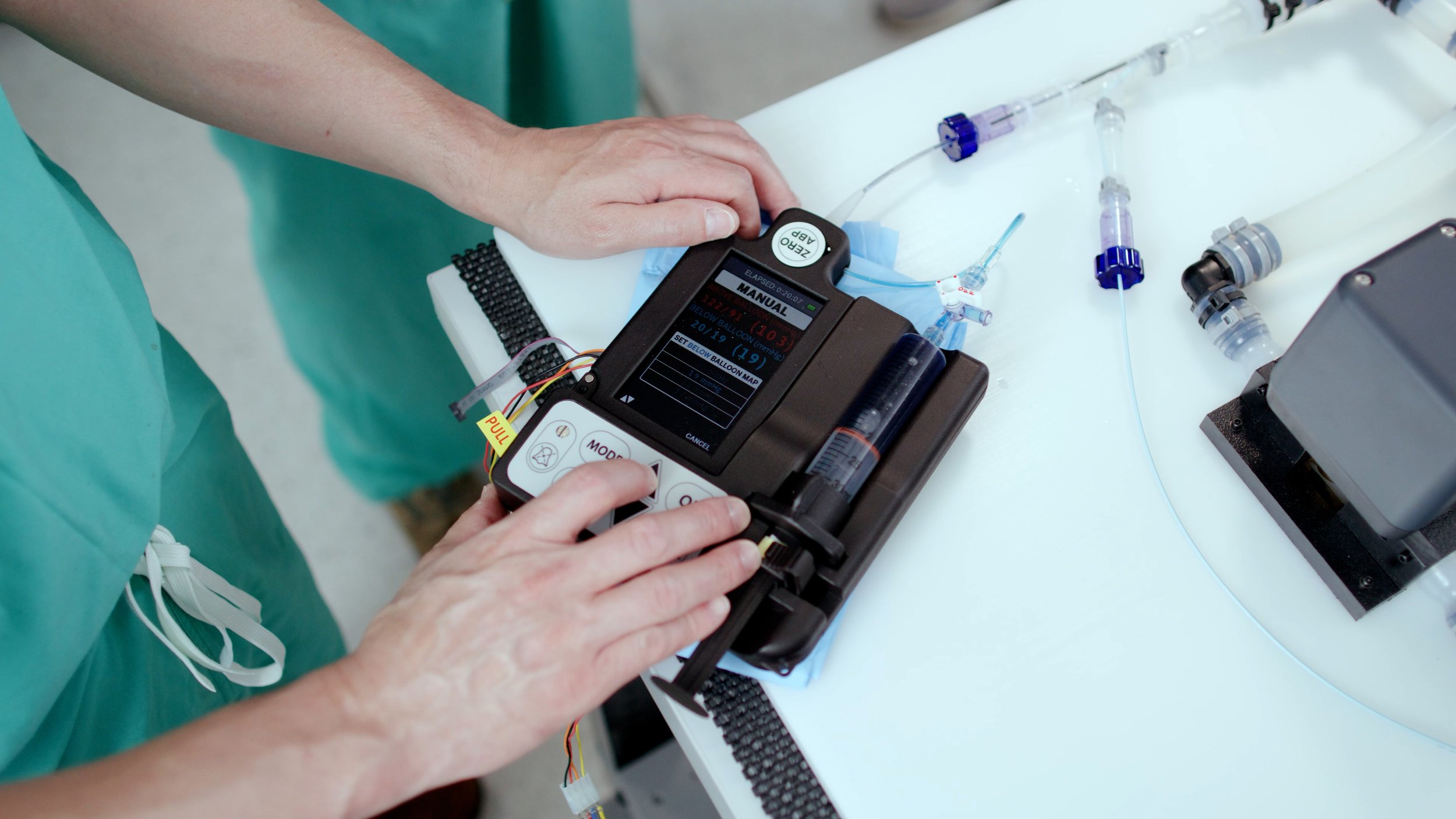
Why Certus
The Certus story is about people. It’s about four physicians who got into medicine to help people, but soon realized that they couldn’t keep providing the same standard of care over and over. They wanted to bring something better to the table–for their patients and also for their families.
The Certus story is also about the people who inspired the technologies–soldiers, medics, patients, and family members. They are the reason Certus Critical Care was created and the reason it continues.
A Military Catalyst
When Timothy Williams, MD stepped off the cargo plane at Bagram Airfield in Afghanistan, he and Lucas Neff, MD, had never even spoken to each other. But for the next four months, the two would be inseparable. Side-by-side, they treated wounded military and civilian personnel as part of Operation Enduring Freedom. Over and over, they saw Coalition and Afghan forces alike, go to extreme lengths to bring their wounded–frequently suffering from severe hemorrhage–from great distances to be treated, only to arrive too late, when there’s nothing that could be done.
In those moments, the two Air Force surgeons knew there needed to be a better way to stabilize people, whether in the field or in triage at hospitals, to give medics the time they needed to transport the wounded and surgeons the minutes they needed to treat patients in order to prevent the loss of so many lives. The intensity of this time forged a deep friendship between the two, and, long after the pair left Afghanistan, they were motivated by their experiences to find a new way to extend intervention time in critical care settings.
From Garage to Start-up
Upon returning to the U.S., Williams and Neff took up post at Travis Air Force Base in California. To keep their skills fresh, the surgeons did clinical rotations at UC Davis Health, and, to keep busy on base, Neff started a resuscitation research program at the 60th Clinical Investigation Facility.
Williams joined Neff at the lab, where they began problem-solving the gaps in critical care that they witnessed in Afghanistan. They recognized that the same problems that plagued them overseas happened at home. Even though they had access to the best equipment in the world, both surgeons encountered situations in hospitals stateside where they still could not prevent deaths that seemed senseless.
Austin Johnson, MD, PhD, was finishing up his NIH research program while serving as a clinical instructor of emergency medicine at UC Davis when he caught wind of these two surgeons conducting research at Travis Air Force Base that dovetailed with what he was studying–resuscitation of critically ill and injured patients. As an ER doctor, Johnson had his own history with traumatic cases, including mass casualties events, where critically injured people were rushed into his hospital too late for him to save them. Neff and Williams’s cause resonated with Johnson, and he found himself traveling to the lab whenever possible to check out their progress.
Soon the three of them were hooked. When they weren’t at the hospital or the lab, they were in Williams’s garage, experimenting with all sorts of solutions. Because the research tools they needed to answer their physiological questions didn’t exist, they invented them. They would get off work, spend time with their families until their kids went to bed, meet up in the garage, tinker well into the night, and get up the next day and do it all over again. Thus began years of research and development–innovating, testing, rinsing, and repeating.
Even after they parted ways, with Johnson heading to University of Utah Health in Salt Lake City, UT and Neff and Williams taking up positions at Atrium Health Wake Forest Baptist in Winston-Salem, NC, the trio continued their innovation journey as they continually saw people who needed more than they had to give. Every day on the job increased their motivation to create life-saving products in parallel to their clinical work.

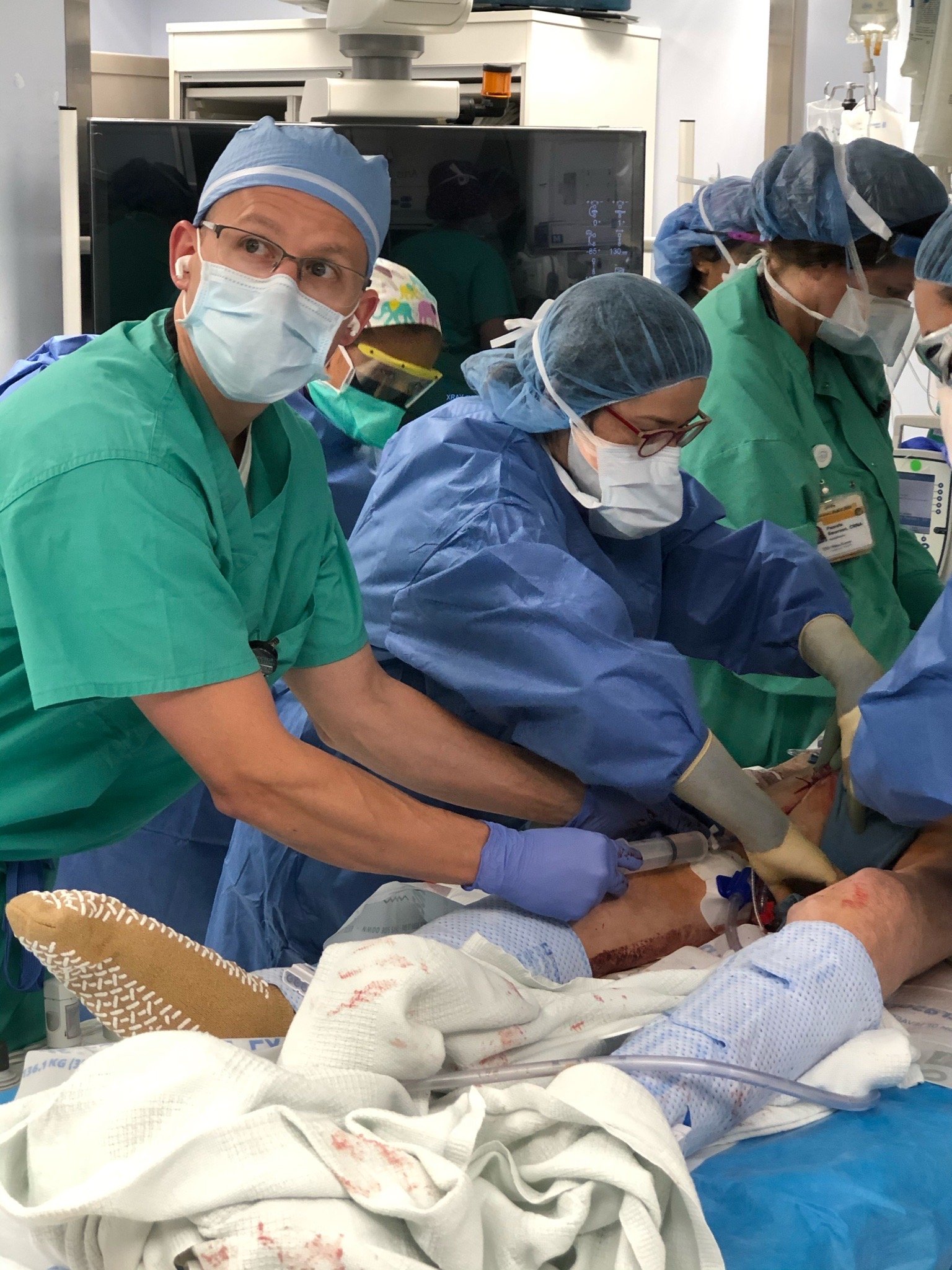
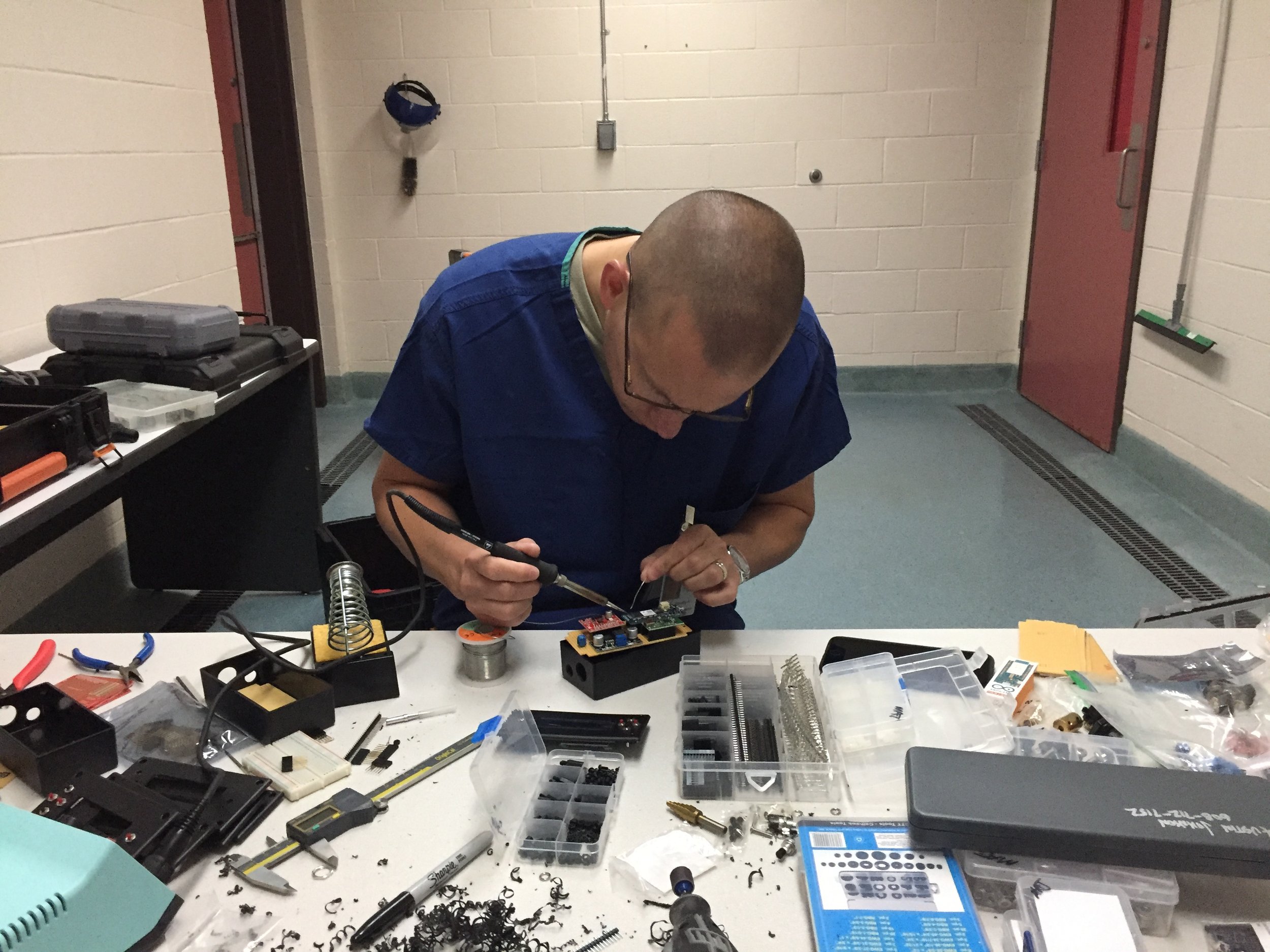



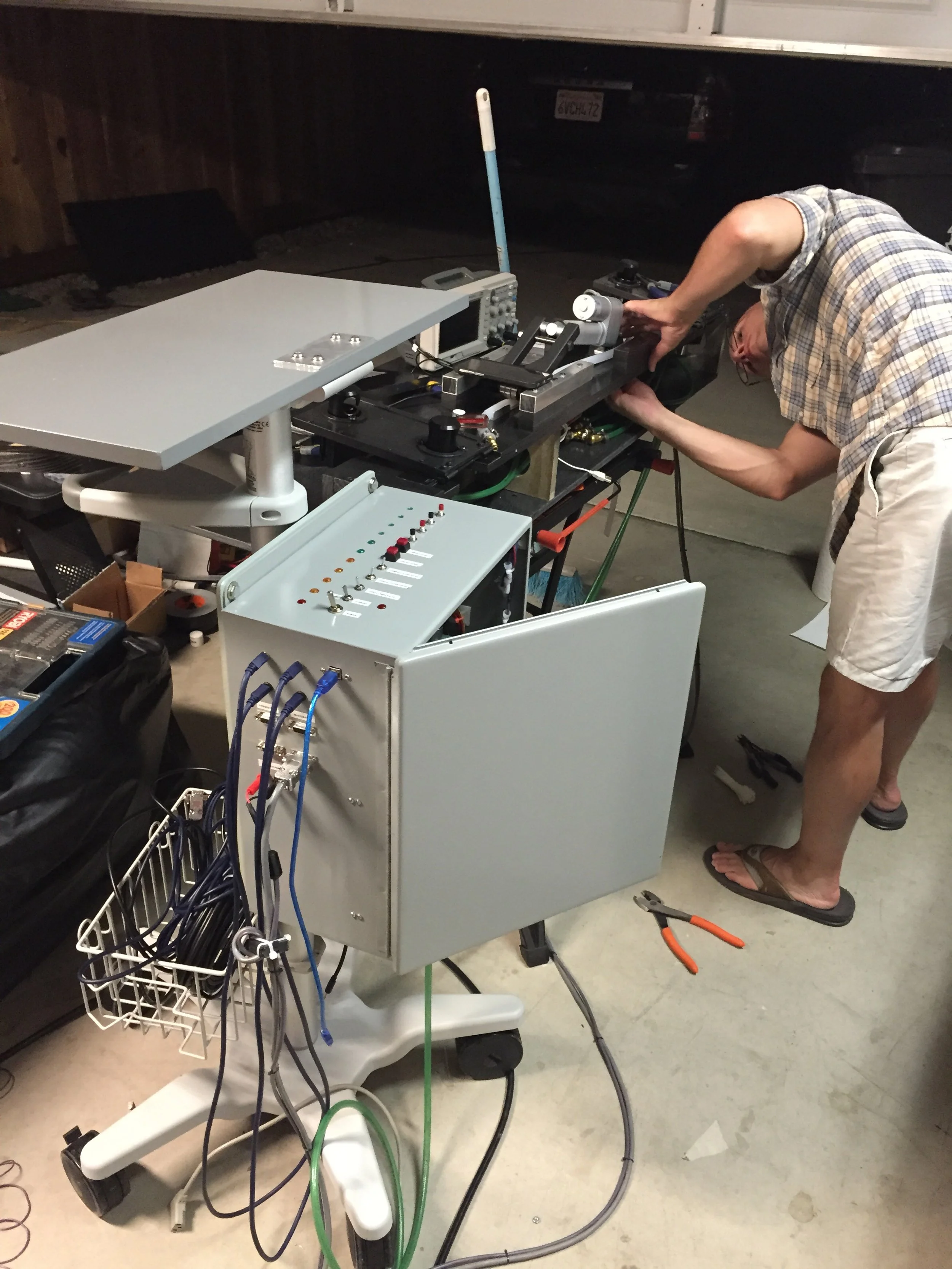

Critical Care–Everywhere
Then there were the days when what they experienced professionally became personal. In the span of just a couple years, both Austin and Luke nearly lost their wives to severe postpartum hemorrhages–under some of the very conditions that they spent their time researching. If it wasn’t personal enough before, it certainly was now. These events were a catalyst, another indication that the roots of the problem they were trying to solve connected to critical care everywhere–the battlefield, the ICU, the back of an ambulance, the delivery room.
Through their research and experiences, the team discovered that the technologies they were developing were applicable in many more contexts than they initially thought. With the addition of team members like Johnson and the fourth founder, Jason Adams, MD, at UC Davis Health, the collective group added key expertise in the areas of neuroscience and pulmonary/critical care medicine that would allow them to tackle conditions like stroke and inadequacies in mechanical respiration. However, when it came time to move the theoretical into the practical, the team couldn’t find a development partner that shared their vision. The four decided to add entrepreneur to their resumes, and they created Certus.
Along the way, Certus has had great success, both in their research and in procuring funding to develop their pipeline of products. Through a long run of non-dilutive funding through Department of Defense grants, Certus has developed an impressive series of products and are approaching FDA approvals and commercialization on the first set. But the success that they are driven by is something that will only be measured by lives saved and suffering lessened. It’s what keeps them pushing for something they know all too well is needed in critical care.
Learn about the core scientific problem the founders are solving and the technologies the Certus team is creating to address this unmet medical need.
Meet Certus
Certus Critical Care, an early-stage medical device company, creates adaptive, intelligent medical devices that increase survival and quality-of-life in the aftermath of critical illness and injury. The company’s pipeline includes endovascular devices to treat stroke, cardiac arrest, and hemorrhagic shock. Co-founded in 2017 by four practicing physicians, Certus combines the experience and insight of product end users with a world-class advisory board of key opinion leaders.
As physician-founders, Drs. Austin Johnson, Lucas Neff, Timothy Williams, and Jason Adams create medical devices to meet the clinical needs that they encounter every day. Their expertise in engineering, critical care medicine, respiration, and neuroscience, coupled with a team of experienced engineers, scientists, and medical device developers, produces first-in-class devices that will save lives and improve outcomes from a wide range of critically ill and injured patients. The vast majority of the company’s R&D has been completed with congressionally directed medical research funding. This non-dilutive funding helps Certus stay singularly focused on developing the most innovative and effective products based on solid scientific research. As products move through the pipeline and toward commercialization, Certus is seeking investors who align with the company’s mission and values.
Fast Facts
Core product is a first-in-class endovascular catheter for hemorrhage, cardiac arrest, and stroke
Global market opportunity of more than $2 billion across three use cases of initial product
$20+ million in non-diluted funding to accelerate R&D
Founders are four practicing physicians with extensive trauma and critical care experience
11 patents to date, including five multi-national patents
200+ large animal studies as scientific basis for innovation
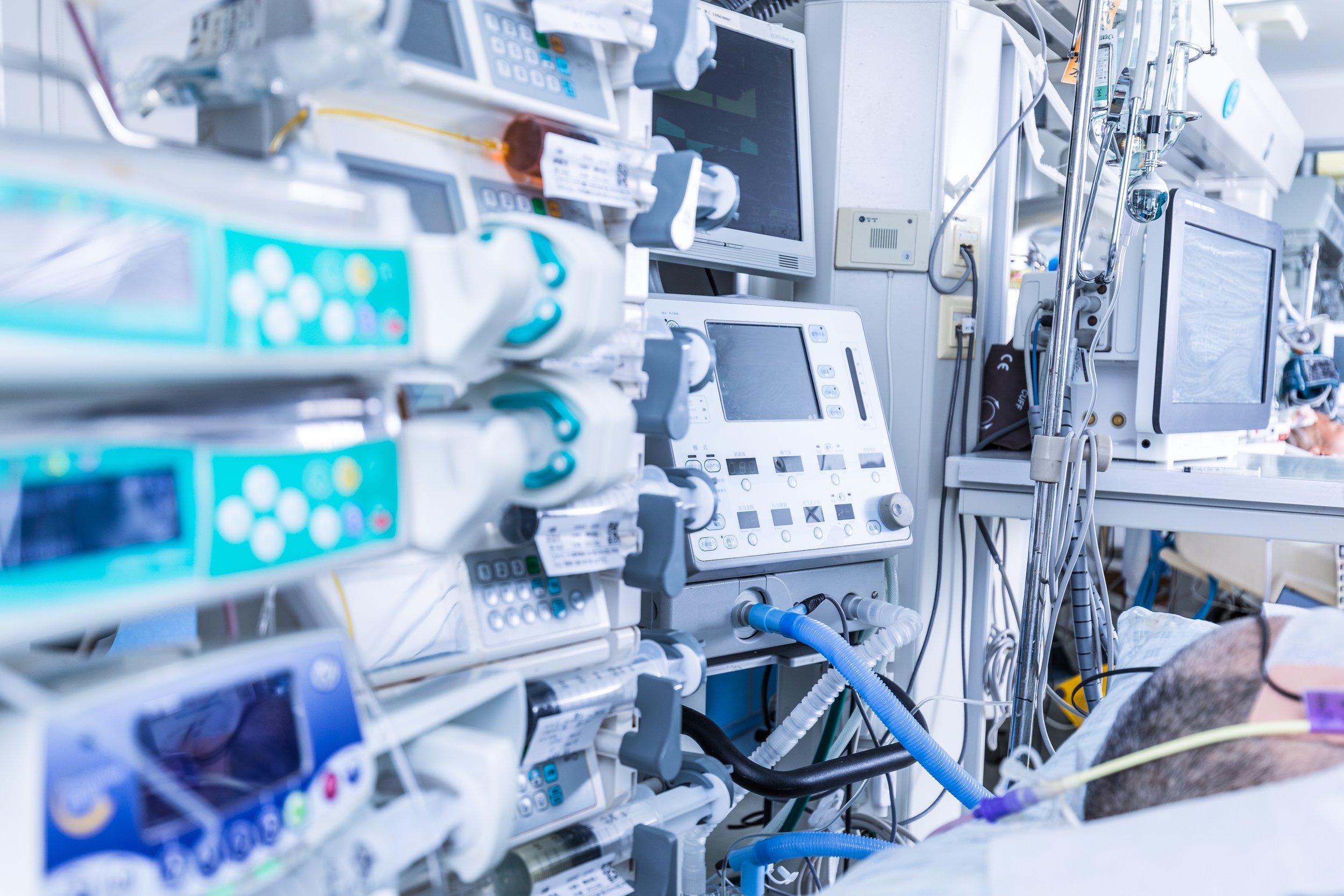
Want to Partner with Certus?
If you’re interested in careers, investing, or collaborating with our company, get in touch with us to start a conversation.













